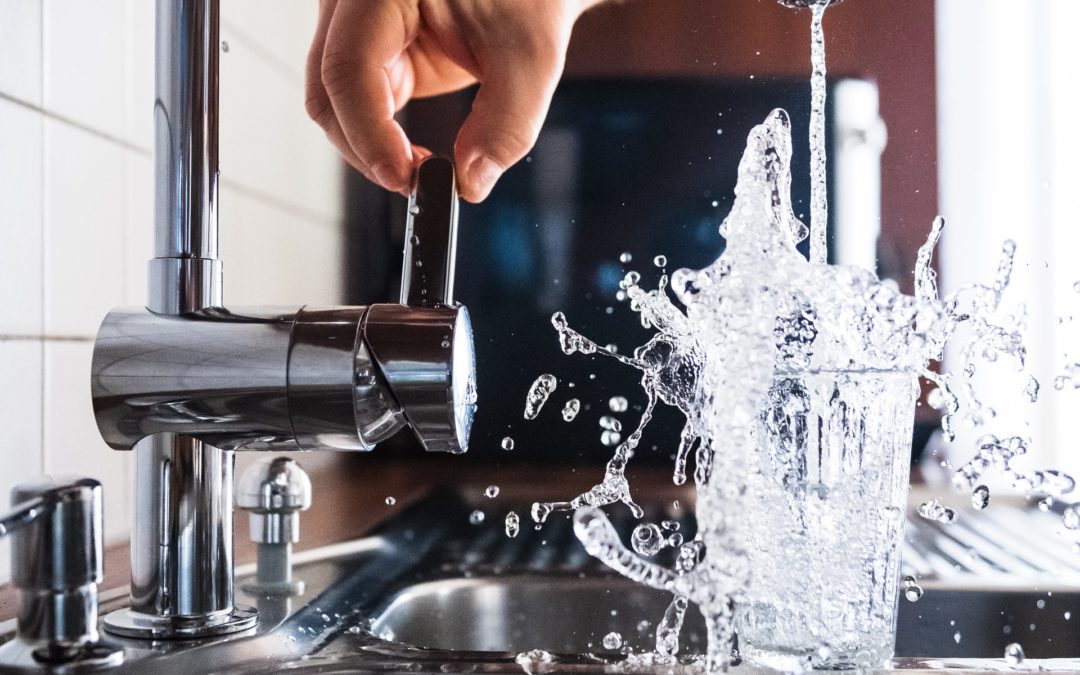It’s so discouraging! Your dishes and cutlery come out of the dishwasher covered in spots and a chalky residue. Your freshly washed clothes and linens look dull and feel rough. Worst of all, your hair is flat. What’s going on? You correctly identify the problem as hard water.
What is hard water? Water that contains a high mineral content is considered hard water. Water picks up dissolved minerals (calcium and magnesium) when it percolates through deposits of limestone and chalk. The more calcium and magnesium it contains, the harder the water becomes. Due to the diverse locations of limestone and chalk deposits, water hardness can vary substantially between sites within the same county or state. Wells often contain hard water, but surprisingly hard water also occurs in a number of municipalities, even after water is cycled through a treatment plant.
Accordingly to a U.S. Geological Survey, 85% of American households have hard water.
Is hard water safe to drink? Generally speaking, drinking hard water does not pose a health risk. The extra calcium and magnesium can actually be beneficial. Hard water consequences. Hard water creates other issues in addition to spotty dishes and dull laundry. Bathing in hard water requires more soap, and is particularly hard on your hair. Soap and shampoo won’t lather freely, and won’t rinse away completely due to the mineral content of the water. This can leave your skin dry and your hair (particularly if it’s long) looking limp and lifeless, no matter what type of products you use.
Hard water causes stains on sinks and in toilets as well as spots and mineral deposits on your faucets and shower heads. Appliances that use water, such as washing machines, dishwashers, and water heaters, are likely to develop functional problems due to mineral build up.
Why your plumbing is at risk. Your greatest concern, however, should be for your plumbing. If your hard water problem is not addressed, pipes will eventually be unable to handle the mineral build up. When this happens, you’re looking at messy and expensive repairs.
Install a water softener. The effects of elevated mineral levels can range from annoying to highly destructive. An Installed water softener system is the only option that will entirely solve hard water problems. It’s a great investment to keep small problems from becoming overwhelming and costly.
Other ways to deal with hard water. If you are renting, or if installing a water softener is simply not possible, there are several ways you can deal with the symptoms of hard water. White vinegar effectively cleans faucets and shower heads, and removes lime build up. Dishwasher additives are available that will reduce the spots and cloudy residue on your dishes and glasses. Screen-type filters for your washing machine hoses will help brighten your laundry. You will significantly extend the life of your water heater if you drain it annually to reduce sediment build up.


